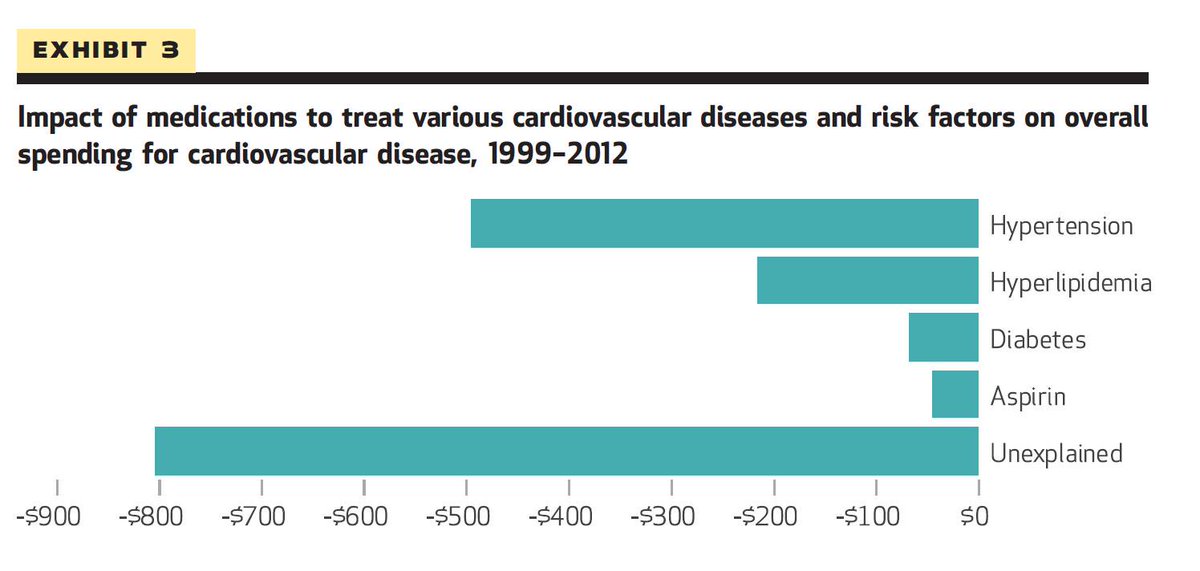- Joined
- Nov 24, 2018
- Messages
- 13,199
- Reaction score
- 2,896
- Gender
- Female
- Political Leaning
- Slightly Conservative
I think the big drug companies are dominating healthcare in the US, and this could be one reason we are in a health crisis. Medical professionals, the media, and the public, have all been convinced that drugs are necessary for health, and almost everyone should be on one or more of them.
In many cases, the drugs are an unnecessary expense. But more importantly, they are more likely to cause disease than cure it.
The medical industry tells us that our lives are longer and healthier than ever before. They say that we are having epidemics of serious diseases, such as dementia and cancer, mainly because they are diseases of aging, and more people are living to old age.
That statement is not easy to confirm or deny, and most people simply accept it.
It is just as likely -- much more likely I think -- that diseases supposedly cause by age are actually caused by unhealthy lifestyles, environmental toxins (in food, air and water), and longterm use of multiple prescription drugs.
It's a fact that a lot of drug research is deceptive. MDs don't have time to read all the research carefully, so they believe the claims of safety and effectiveness, even if not actually supported by the data.
Faith in drugs can also cause MDs and their patients to undervalue lifestyle in preventing disease. So-called diseases of aging are more likely the result of decades of an unhealthy lifestyle. It adds up, so it is more likely to cause disease in the old than in the young.
We know there is an obesity epidemic, and we know that obesity is a factor in the major "age-related" diseases. And we know that the answer to obesity is lifestyle, not drugs. Unfortunately, however, MDs very often give their patients bad advice about nutrition and exercise.
In many cases, the drugs are an unnecessary expense. But more importantly, they are more likely to cause disease than cure it.
The medical industry tells us that our lives are longer and healthier than ever before. They say that we are having epidemics of serious diseases, such as dementia and cancer, mainly because they are diseases of aging, and more people are living to old age.
That statement is not easy to confirm or deny, and most people simply accept it.
It is just as likely -- much more likely I think -- that diseases supposedly cause by age are actually caused by unhealthy lifestyles, environmental toxins (in food, air and water), and longterm use of multiple prescription drugs.
It's a fact that a lot of drug research is deceptive. MDs don't have time to read all the research carefully, so they believe the claims of safety and effectiveness, even if not actually supported by the data.
Faith in drugs can also cause MDs and their patients to undervalue lifestyle in preventing disease. So-called diseases of aging are more likely the result of decades of an unhealthy lifestyle. It adds up, so it is more likely to cause disease in the old than in the young.
We know there is an obesity epidemic, and we know that obesity is a factor in the major "age-related" diseases. And we know that the answer to obesity is lifestyle, not drugs. Unfortunately, however, MDs very often give their patients bad advice about nutrition and exercise.



